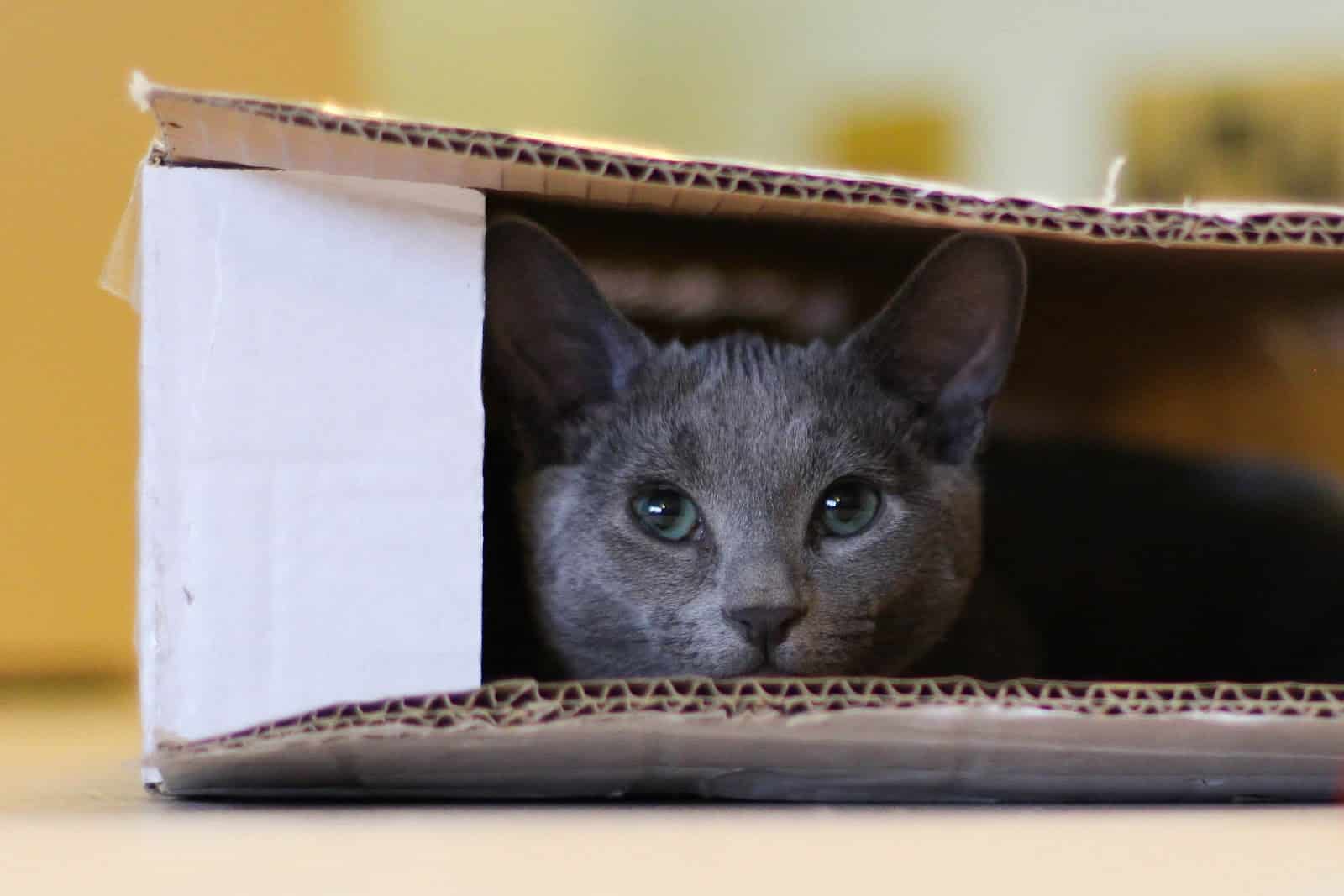8.3 – Prepositions v and na
In this lesson we will learn a little more about the prepositions v (ve) ‘in, at’ and na ‘on, at’. Their first meanings (i.e. ‘in’ and ‘at’) are not difficult, e.g. –
|
|
|
|
Kočka je v krabici. ‘The cat is in the box.’ |
Kočka je na krabici. ‘The cat is on the box.’ |
However, Czech does not have a word that corresponds directly to our word ‘at’. Instead, Czech uses either v or na in this meaning:
Examples of locations with v and na:
|
v (ve) |
na |
||
|
v práci |
‘at work’ |
na nádraží |
‘at the train station’ |
|
v kině |
‘at the movies’ |
na koleji |
‘at the dorm’ |
|
v kavárně |
‘at the cafe’ |
na záchodě |
‘in the restroom’ |
|
v lese |
‘in the |
na koncertě |
‘at a concert’ |
As a default, you should pick the preposition v. The vast majority of places you encounter will be used with this preposition. The preposition na is only used sometimes in the meaning ‘at’, typically in the following circumstances:
|
na koncertě ‘at a concert’ na výstavě ‘at an exhibit’ na přednášce ‘at a lecture’ na hodině češtiny ‘at Czech class’ na výletě ‘on a trip’ |
|
na nádraží ‘at the train station’ na stanici ‘at the station’ na zastávce ‘at the bus/tram stop’ na letišti ‘at the airport’ |
|
na poště ‘at the post office’ na úřadě ‘at the city/state office’ na ambasádě ‘at the embassy’ na univerzitě ‘at the university’ |
|
na severu ‘in the north’ na jihu ‘in the south’ na východě ‘in the east’ na západě ‘in the west’ |
These rules work for the most part, but can often be confusing. Additionally, there are just some words that use na without any rhyme or reason, such as:
na záchodě – in the bathroom
na venkově – in the countryside
na koleji – in the dorm
na chatě – at the cottage
na hradě – at the castle
na náměstí – on the square
Often it is just easier to memorize a list of words that are used with na. These words will be marked in your vocabulary.
v and ve
ve is typically used when there is a consonant cluster that would make pronouncing v a bit more difficult:
ve škole – ‘in school’
ve městě[1] – ‘in the city’
ve kterém roce – ‘in what year’
It’s also used when the following word begins with v or f:
ve Vídni – ‘in Vienna’
ve filmu – ‘in the film’
Images used in this document come from these sources.
[1] It may look like there is no consonant cluster here, but recall that the letter m followed by ě is pronouns mň, which means you’re actually pronouncing a consonant cluster.


